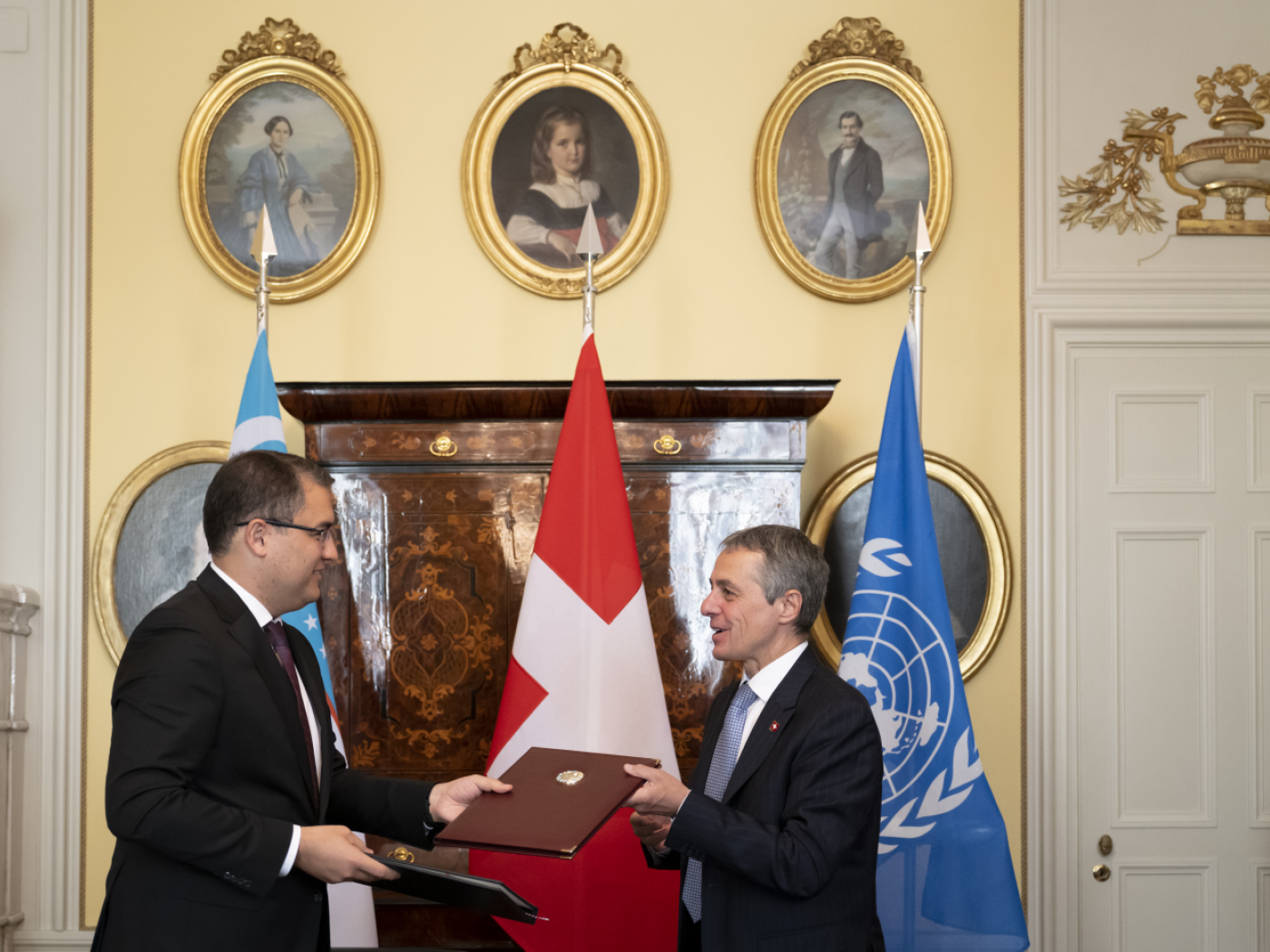
Nestlé France under investigation in contaminated pizza case

Nestlé France and its subsidiary Société des Produits Alimentaires de Caudry (SPAC) have been indicted in France over the Buitoni pizza scandal. The pizzas allegedly led to the death of two children and the poisoning of dozens of others.
A Nestlé spokeswoman told the AWP news agency on Friday that involuntary manslaughter charges have been laid. When contacted, the Paris public prosecutor’s office had not yet responded to our requests.
Do you want to read our weekly top stories? Subscribe here.
“Following the tragic events that took place in France two years ago, the investigating judges in charge of the case indicted Société des Produits Alimentaires de Caudry (SPAC), a subsidiary of Nestlé France, and Nestlé France, on July 2 and 4 respectively,” according to a statement issued by Nestlé and revealed by AFP earlier this morning.
“At this stage, this criminal investigation is continuing and no judgment has therefore been handed down.” The date of any trial is not known.
The Vevey-based food giant’s subsidiary in France adds that it “intends to fully assume its responsibilities in this case”. Furthermore, “SPAC and Nestlé France will continue to cooperate fully with the investigating judges in the ongoing proceedings”.
In March 2022, the Public Health Unit (PSP) of the Paris Public Prosecutor’s Office opened an investigation for “involuntary manslaughter”, “deception” and “endangering others”, after several serious cases of contamination by Escherichia coli bacteria possibly linked to the consumption of Buitoni frozen pizzas. Dozens of French children fell ill and two died.
A month later, the prefect of the Nord region banned pizza production at Nestlé’s Buitoni plant in Caudry.
At the beginning of 2024, Italian company Italpizza bought the Caudry plant from Nestlé, which justified the sale on the grounds of falling sales.
Translated from French by DeepL/mga
This news story has been written and carefully fact-checked by an external editorial team. At SWI swissinfo.ch we select the most relevant news for an international audience and use automatic translation tools such as DeepL to translate it into English. Providing you with automatically translated news gives us the time to write more in-depth articles.
If you want to know more about how we work, have a look here, if you want to learn more about how we use technology, click here, and if you have feedback on this news story please write to english@swissinfo.ch.

In compliance with the JTI standards
More: SWI swissinfo.ch certified by the Journalism Trust Initiative











































You can find an overview of ongoing debates with our journalists here . Please join us!
If you want to start a conversation about a topic raised in this article or want to report factual errors, email us at english@swissinfo.ch.